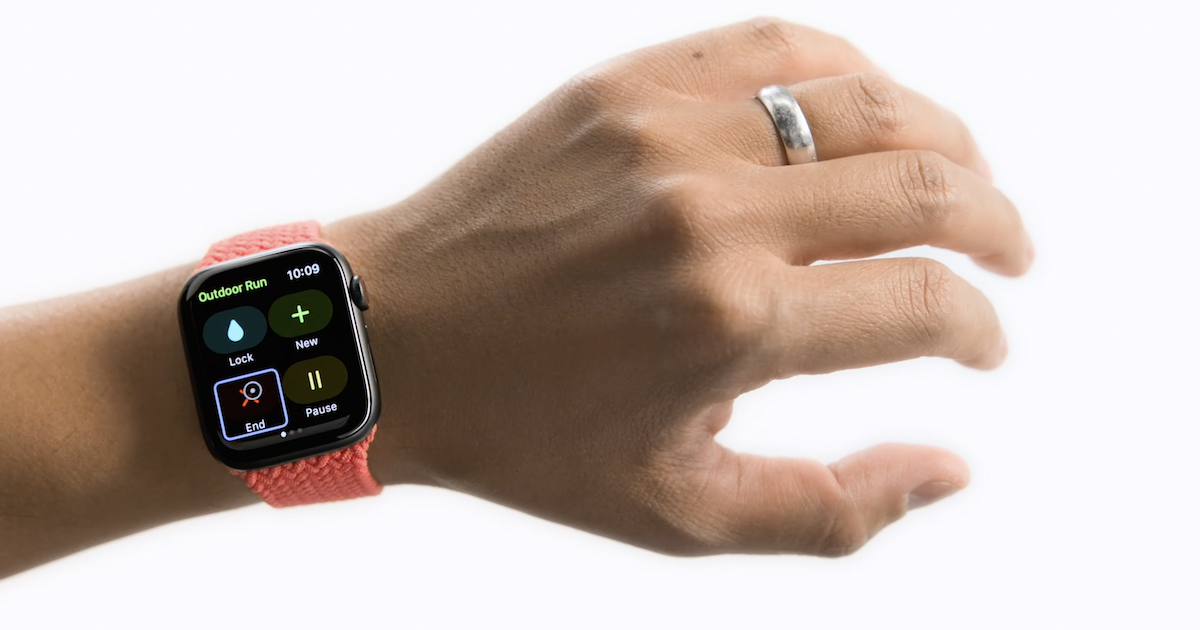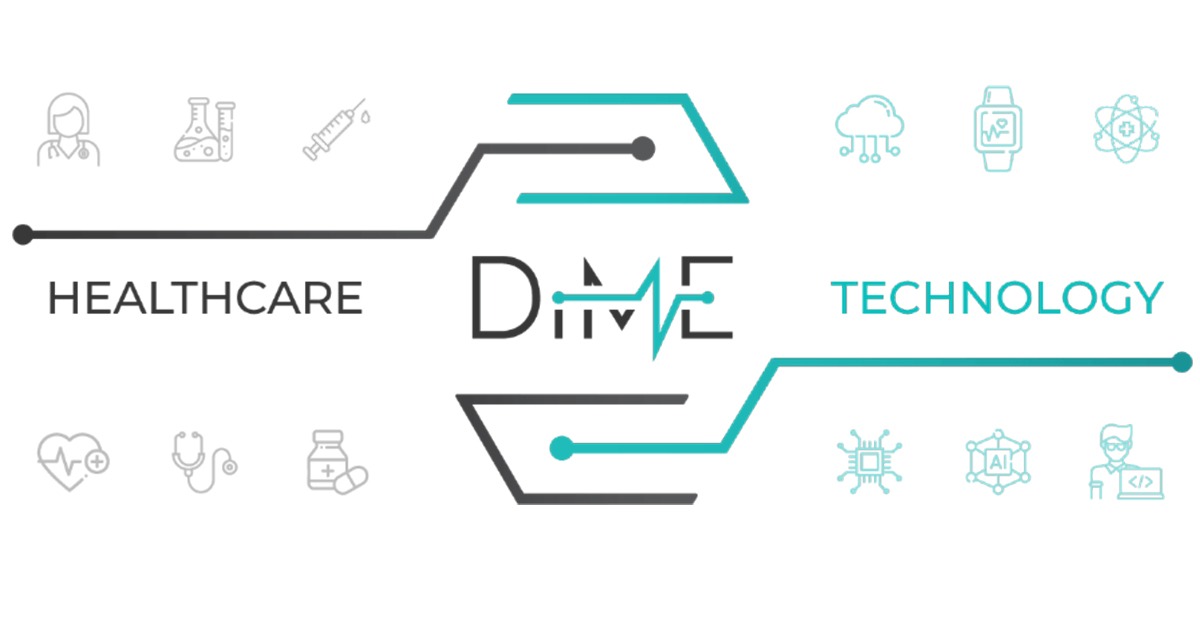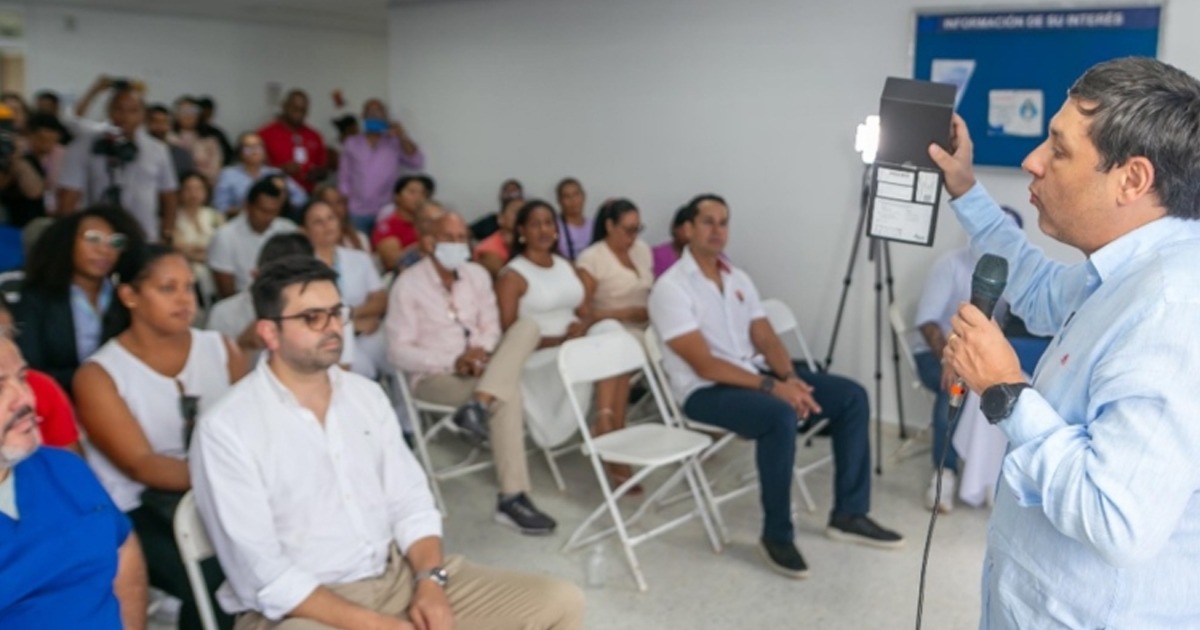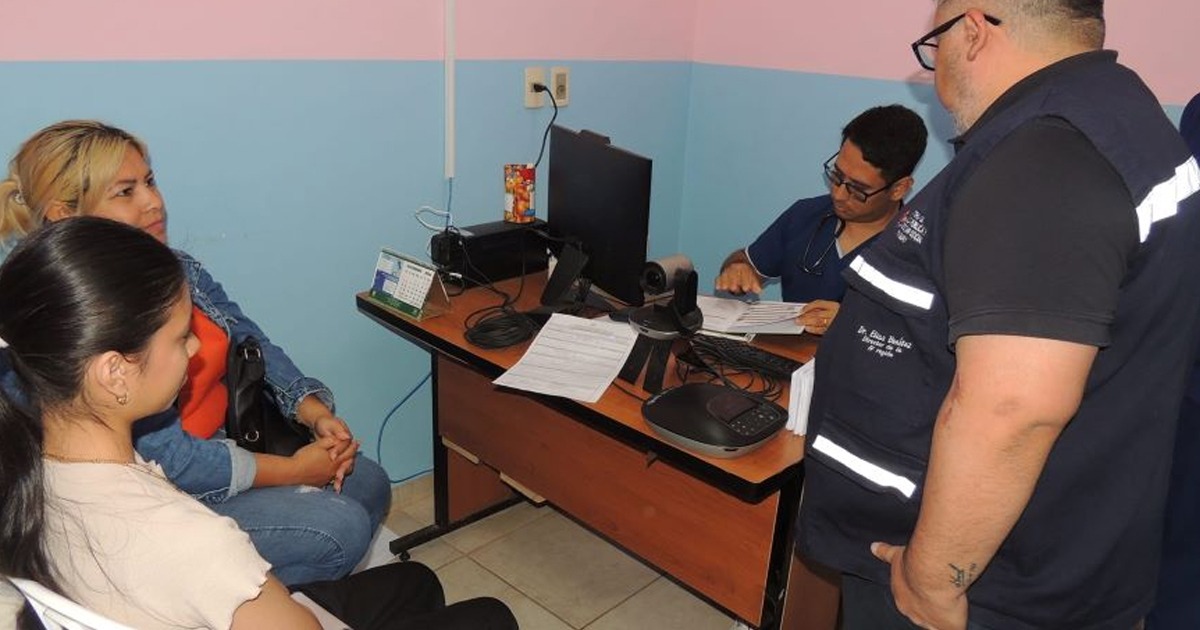On May 20, World Accessibility Awareness Day was celebrated and Apple, launched a suite of new software features in its operating systems, geared for people with cognitive, hearing, visual and mobility disabilities.
Apple has launched new features on its devices, commemorating World Accessibility Awareness Day. "With these new features, we’re pushing the boundaries of innovation with next-generation technologies that bring the fun and function of Apple technology to even more people – and we can’t wait to share them with our users," explained Sarah Herrlinger director of of Global Accessibility Policy and Initiatives at Apple.

One of the new features and the only one that has been launched, SignTime, allows users to communicate with AppleCare services through American Sign Language. Initially it only includes American Sign Language, but they are looking to add British and French Sign Language.
The new features announced will be added later this year, according to a statement from the US company.
For example, AssistiveTouch, is a tool that uses the gyroscope and accelerometer sensors built into the smartwatch, to detect subtle muscle movements that will allow access to notifications, answer calls, or navigate through gestures.
Another upcoming addition responds to the needs of the visually impaired. Through VoiceOver users will be able to explore images while detailed descriptions of each picture are provided through panels.
Still in development is the MFi program that will allow hearing-impaired users to upload their most recent audiogram results to automatically configure the device's sound settings.
The US has a significant population of 61 million adults with disabilities. Accessibility should be for everyone regardless of whether they live with a disability. Digital accessibility can be solved with actions and updates made by technology companies within their devices, as in this case.





